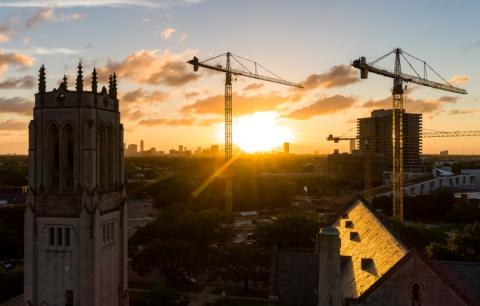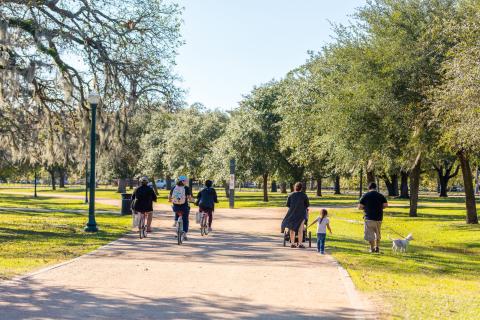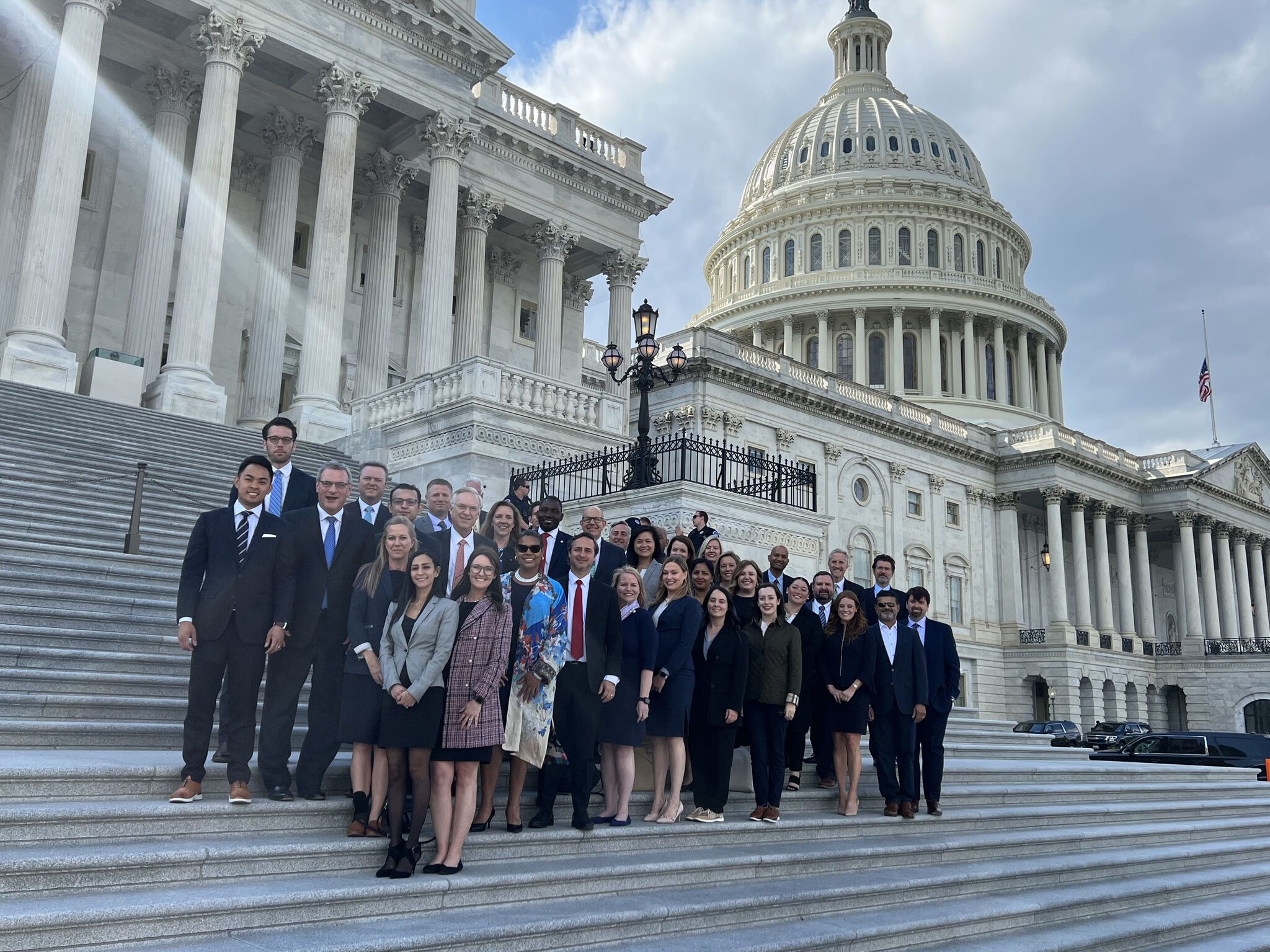Public Policy
Securing Essential Water Infrastructure for Sustainable Growth in Texas
10/28/24
People are moving to Texas, and businesses are building new facilities. That rapid growth is straining resources, particularly water. According to a new report, Texas must invest $154 billion over the next 50 years in new water supply and infrastructure—critical needs to support the state’s expanding population and booming industries.
The report from Texas 2036, a nonpartisan public policy think tank, highlights the urgency of this investment. Without reliable water infrastructure, Texas could face the loss of a million jobs and more than $160 billion in economic impact over the next five decades. The report underscores a stark reality: a comprehensive, sustainable funding strategy for water is necessary to keep Texas economically resilient and competitive.
Investment Needs
The 2022 Texas Water Plan and US EPA initially estimated that Texas would need $132 billion in water infrastructure investments over the next 50 years. However, Texas 2036 has adjusted this figure for inflation, raising the projected cost to $154 billion. While state and federal programs—such as the State Water Implementation Fund for Texas (SWIFT) and the newly established Texas Water Fund—are expected to provide around $40-45 billion in financial support over the coming decades, a significant long-term funding gap persists.
Click to expand
Texas 2036 graphic showing cost estimate for water infrastructure needs
Dual Challenges
According to the report, Texas faces two challenges. First, the state must develop a broad, diversified water supply portfolio to meet the demands of a rapidly growing population and economy while strengthening resilience to future droughts. The water supply gap poses additional risks to the state’s electricity generation, as low water levels during droughts could limit power from natural gas, nuclear and coal plants.
Second, aging and deteriorating drinking water and wastewater systems. Over the past five years, nearly 3,000 boil water notices have been issued annually, leaving communities without reliable water service.
Impact on Industries
A severe, prolonged drought would have widespread effects on industries across Texas. Manufacturing, a key driver of the state’s economy, is one example.
The top five manufacturing regions—Dallas-Fort Worth, the Greater Houston area, East Texas (Beaumont, Tyler, Lufkin), Central Texas (College Station, Temple, Waco), and South Central Texas (San Antonio, Victoria)—together account for 82% of the state’s manufacturing GDP and 77% of its manufacturing jobs. According to research from Rice University’s Baker Institute for Public Policy, within the next 20 years, these regions could face nearly $20.8 billion in lost manufacturing GDP and over 116,000 job losses due to water shortages during a drought of record.
The potential economic fallout underscores the need for immediate and strategic investments in water infrastructure to safeguard key industries and the communities that rely on them.
Advocacy at the Capitol
Water infrastructure is one of the executive priorities for the Greater Houston Partnership for the 89th Texas Legislative Session. These priorities serve as a roadmap for the upcoming session, highlighting key areas of interest for the business community. The Partnership supports increased funding for the Texas Water Fund, preferably establishing a dedicated funding stream to ensure long-term, sustainable investments in the state’s water resources.
Learn more about how the Partnership advances strong policy that fosters long-term growth and upward economic mobility for the region.
Read More


























